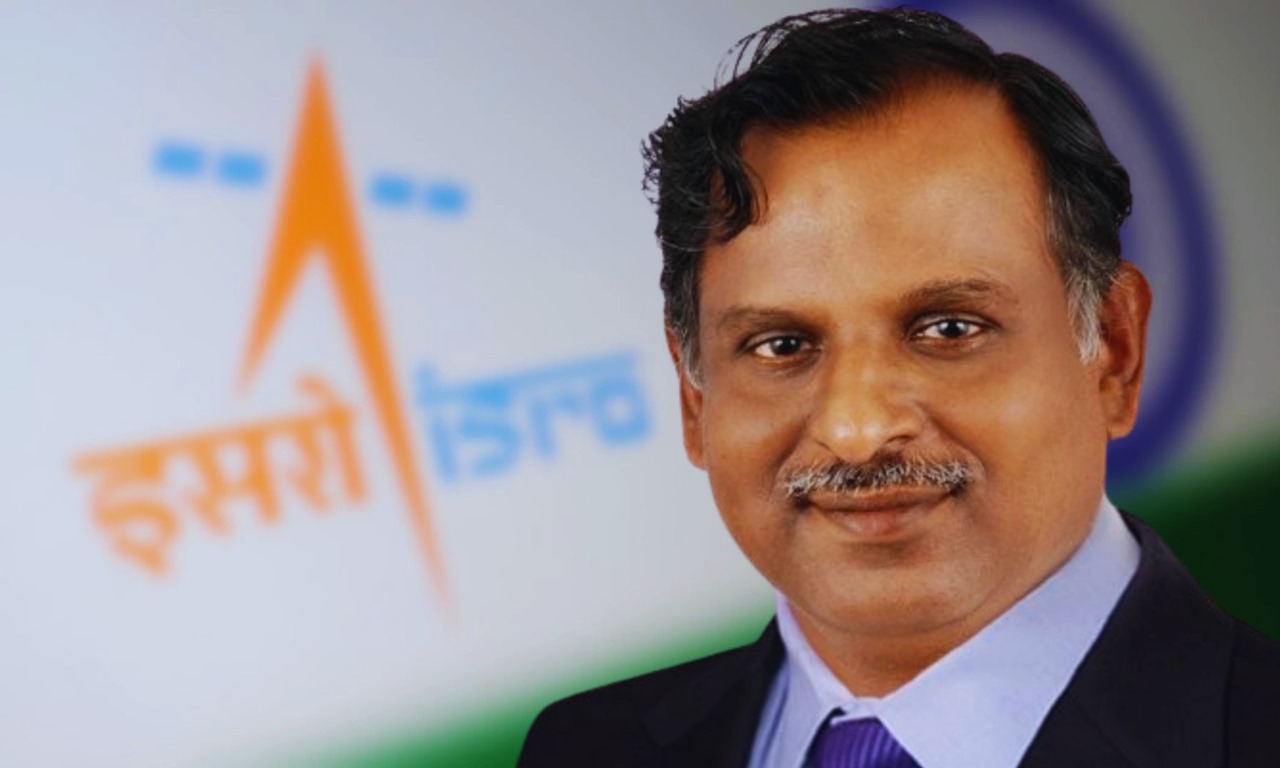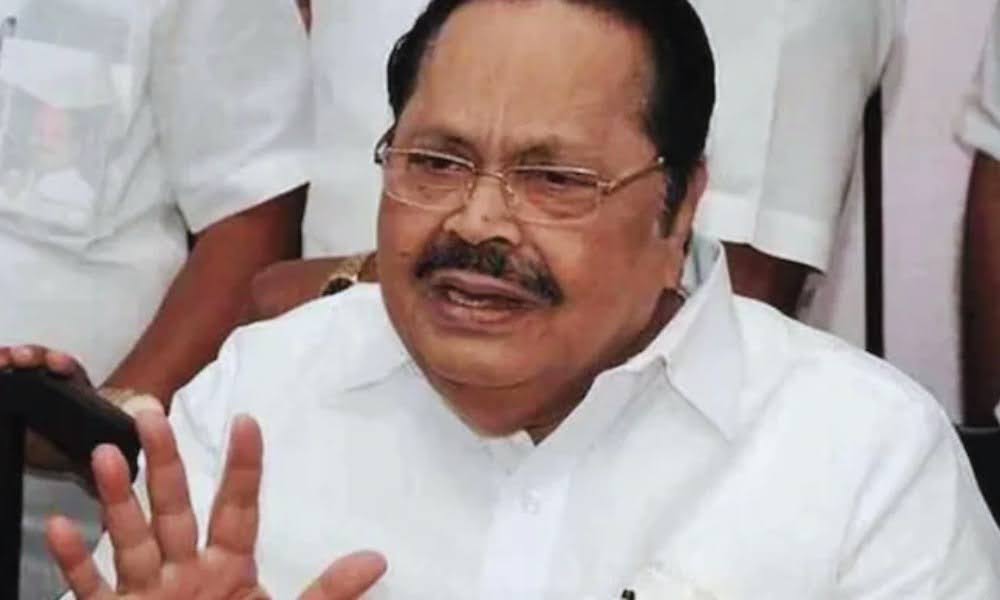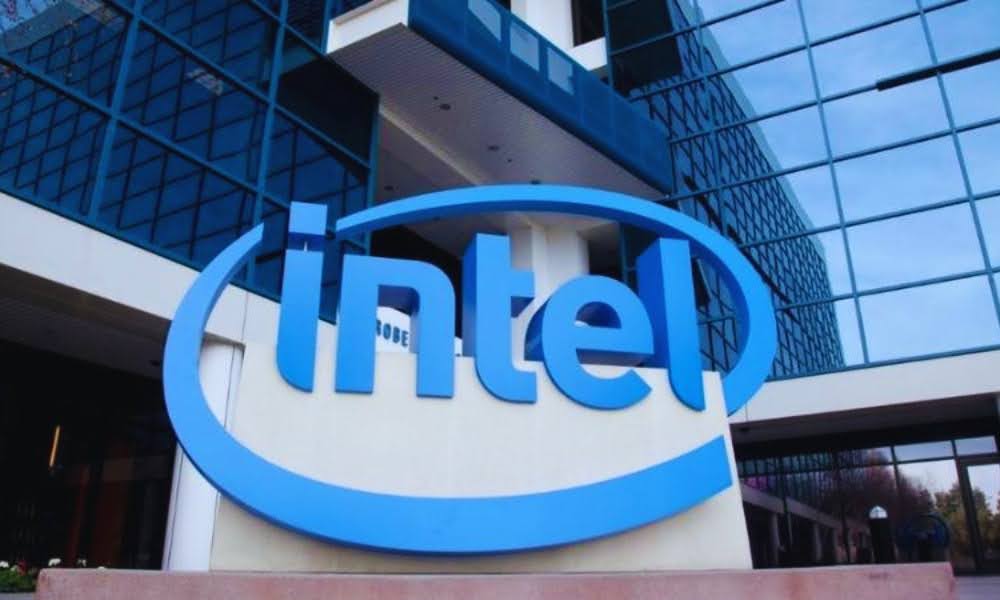V. Narayanan: Steering ISRO’s Next Frontier in Space Exploration

Renowned rocket and spacecraft propulsion expert, V. Narayanan, is set to become the next Chairman of the Indian Space Research Organisation (ISRO).
He succeeds S. Somanath at a transformative time for India’s space sector. With projects such as the Gaganyaan human spaceflight, Chandrayaan-4 mission, and the development of an Indian space station on the horizon, Narayanan’s tenure is poised to shape ISRO’s trajectory.
A Leadership Role with Immense Responsibility
In an interview with The Hindu on January 8, 2025, Dr. Narayanan called his upcoming role a “great responsibility” and a “great opportunity” to uphold ISRO’s legacy.
“Following in the footsteps of stalwarts who led ISRO over the decades is an honor,” he said. With ISRO’s busy calendar for 2025, Dr. Narayanan is well aware that there is little room for rest.
Key missions like the GSLV Mk-II/IRNSS-1K launch, the uncrewed Gaganyaan G-1 mission, and a commercial launch with the LVM3 vehicle are scheduled for early in the year.
“These, along with experiments related to the Gaganyaan program, mean our hands are full,” he added.
Ambitious Plans for India’s Space Program
India’s space ambitions include the Chandrayaan-4 moon mission, the Bharatiya Antariksha Station (a national space station), a second Mars mission, and the Venus Orbiter Mission.
While not all these missions will occur during Dr. Narayanan’s tenure, preparations are well underway.
The Union Cabinet’s Appointments Committee has approved Dr. Narayanan’s term as Secretary, Department of Space and Chairman, Space Commission, for two years beginning January 14, 2025.
Increasing India’s presence in space is one of his top priorities. “Today, we have about 53 satellites in orbit. To meet societal and strategic needs, we require many more for communication, navigation, and earth observation,” he explained. Opening the space sector to private players is a key part of achieving this goal.
From Humble Beginnings to Leadership
Dr. Narayanan was born in Melakattuvilai, a small village in Kanyakumari district, Tamil Nadu, to farmer C. Vanniyaperumal and homemaker S. Thangammal.
Growing up in a modest household, he studied in Tamil-medium schools and excelled academically, topping his Class X exams. His academic journey led him to IIT Kharagpur, where he earned an M.Tech. in Cryogenic Engineering in 1989 and a Ph.D. in Aerospace Engineering in 2001.
Joining ISRO in 1984, Dr. Narayanan’s career began with work in solid propulsion at the Vikram Sarabhai Space Centre (VSSC).
In 1989, he moved to the Liquid Propulsion Systems Centre (LPSC) to focus on cryogenic propulsion, a field in which he would later excel.
Pioneering Cryogenic Technology in India
Dr. Narayanan’s contributions to cryogenic technology have been instrumental in making India one of six nations with indigenous capabilities in this field.
Cryogenic propulsion, which involves operating at extremely low temperatures, enables rockets to use highly efficient fuels like liquid hydrogen.
Despite international technology denials, Dr. Narayanan’s efforts led to the successful development of India’s cryogenic engines.
He played a pivotal role in designing the CE-20 cryogenic engine, which powers the LVM-3 rocket—a key component of missions such as Chandrayaan and Gaganyaan.
Under his leadership, ISRO also developed mathematical modeling and simulation tools for cryogenic engines, enhancing India’s self-reliance in this domain.
Expanding India’s Space Economy
Dr. Narayanan envisions increasing India’s share of the global space economy from 2% to 10%. “So far, we haven’t focused much on the space economy. It’s time to claim our due share,” he said.
He emphasized the importance of collaboration with private enterprises and startups, which align with recent space-sector reforms. “The ISRO alone cannot meet the growing demand for satellites. The private sector’s involvement is crucial,” he added.
A Legacy of Dedication and Excellence
Dr. Narayanan’s achievements have earned him numerous accolades, including the Distinguished Alumnus Award from IIT Kharagpur and the National Aeronautical Prize.
His mentors and peers describe him as a dedicated and technically sound leader. Vasudev Gnana Gandhi, who guided him during his early days in cryogenics, praised his perseverance and work ethic. “He never rested until the task was complete,” Gandhi noted.
Former ISRO Chairman K. Sivan also lauded Dr. Narayanan’s contributions to cryogenic technology and predicted his leadership would elevate ISRO further.
“He has the expertise, vision, and dedication to take ISRO to new heights,” Sivan said.
The Road Ahead
Under Dr. Narayanan’s leadership, ISRO aims to continue its strides in human spaceflight, planetary exploration, and advanced propulsion technologies.
His tenure will focus on integrating private-sector capabilities, strengthening international collaborations, and enhancing India’s footprint in the global space economy.
As ISRO embarks on an ambitious journey, Dr. Narayanan’s expertise and vision promise to propel India’s space program into a new era of excellence.








